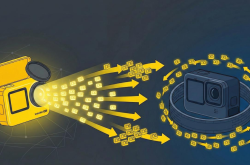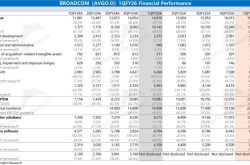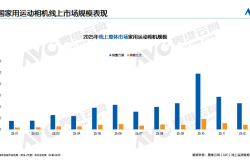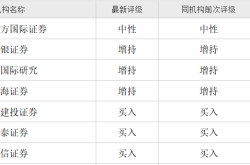Up to 35.3%! The EU imposes tariffs on imported electric vehicles from China officially comes into effect
![]() 10/30 2024
10/30 2024
![]() 634
634
On October 29, the European Commission published the final ruling document on the countervailing investigation of imported pure electric vehicles from China. The document shows that on the basis of the EU standard 10% automobile import tariff, the EU will impose a five-year countervailing duty of 7.8% to 35.3% on imported pure electric vehicles from China.
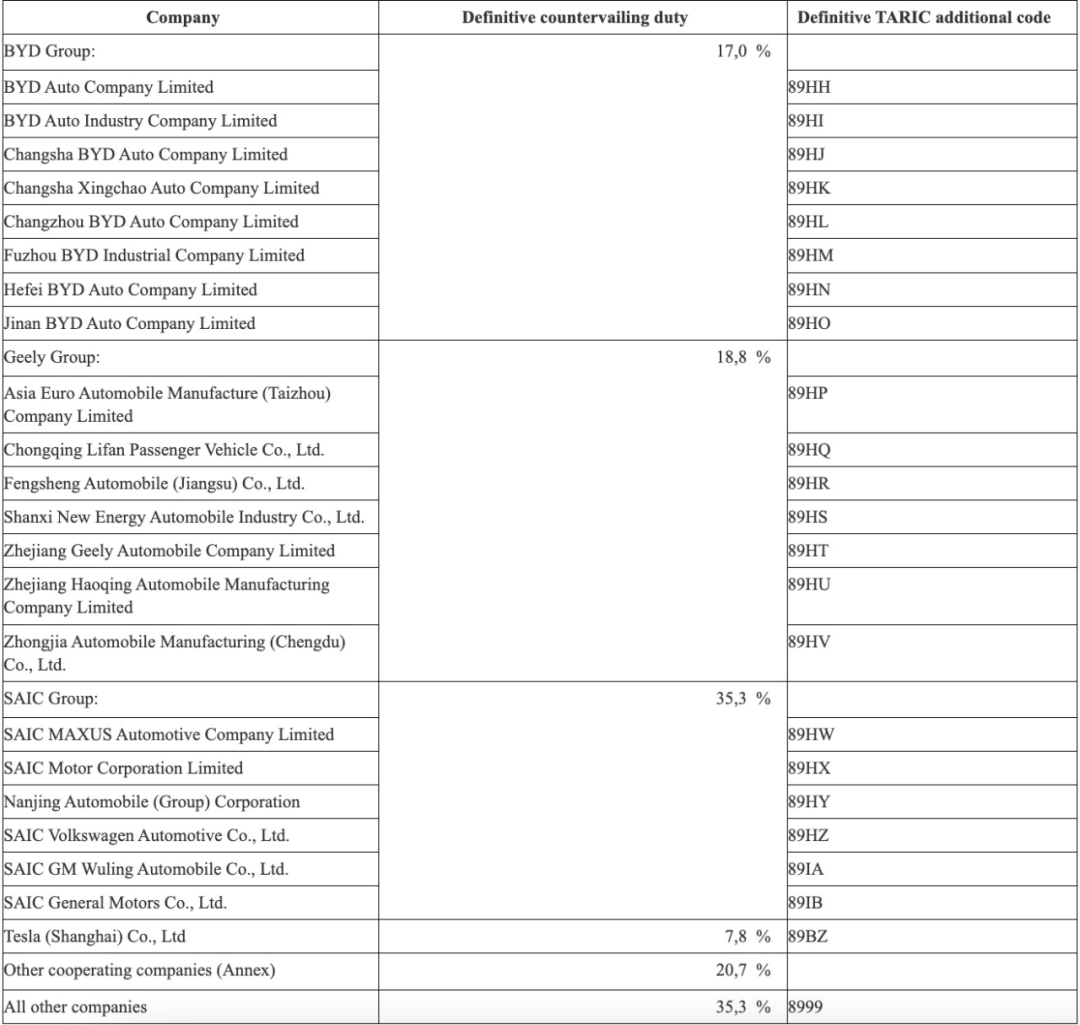
The specific tax rates for countervailing duties imposed on different automakers are as follows:
Tesla: 7.8%
BYD: 17%
Geely: 18.8%
SAIC Motor: 35.3%
Other cooperative companies: 20.7%
Other non-cooperative companies: 35.3%
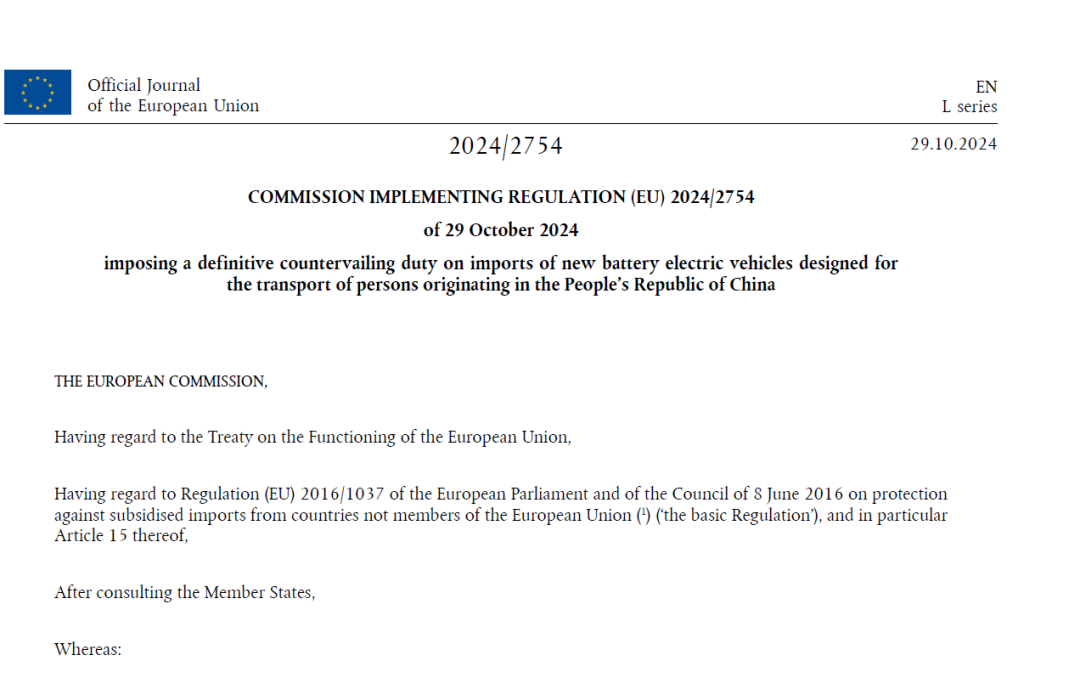
On October 29, the European Commission officially approved the countervailing duties and published the final ruling document in the EU's Official Journal, which means that the EU's imposition of tariffs on electric vehicles from China officially came into effect on October 30.
It is worth noting that the countervailing tariffs imposed by the European Commission on electric vehicles from China seem to have come into effect "one day in advance".
It was reported that on October 29, the European Commission stated on the social media platform X that the final ruling plan was originally scheduled to be uploaded to the EU's Official Journal on October 30 and that the countervailing duties would be imposed on October 31. However, shortly thereafter, the European Commission deleted the post and "advanced" the upload of the final ruling plan.
However, it is currently unclear why the European Commission uploaded the document in advance.
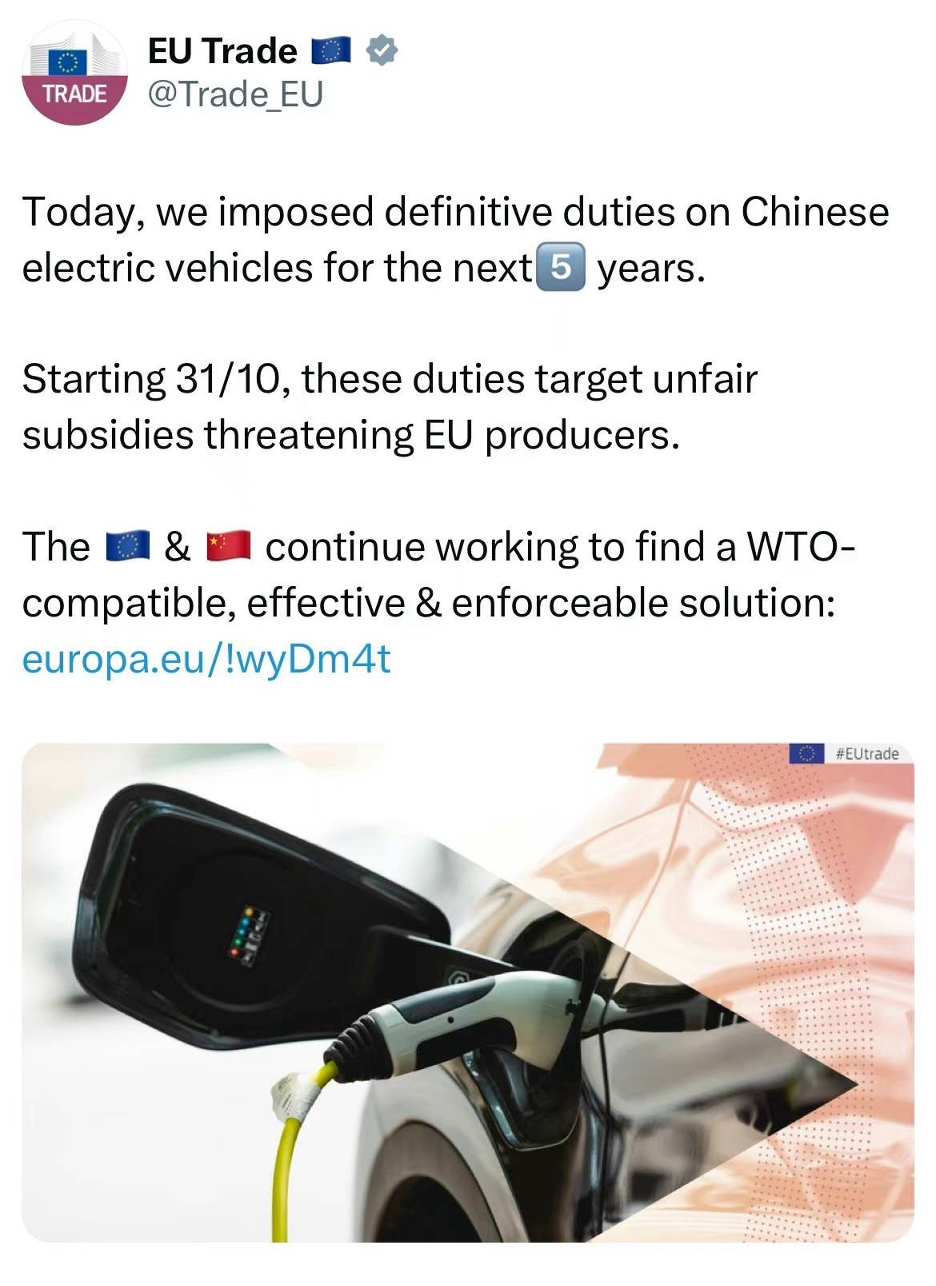
In addition, the document also shows that the China Chamber of Commerce for Import and Export of Machinery and Electronic Products, on behalf of Shanghai Automotive Group Co., Ltd., Zhejiang Geely Automobile Holdings Limited, BYD Auto Co., Ltd., BMW Brilliance Automotive Ltd., Great Wall Motor Co., Ltd., NIO Inc., Chery Automobile Co., Ltd., China FAW Group Corporation, Dongfeng Motor Group Co., Ltd., XPeng Motors, Thalys Automotive Co., Ltd., JAC Motor Co., Ltd. (excluding Volkswagen (Anhui) Automobile Co., Ltd.), a total of 12 companies submitted "price undertaking" proposals to the European Commission, but no agreement has been reached at present.
It is reported that the European Commission has conducted eight rounds of technical negotiations with China to find alternatives to tariffs and has stated that negotiations can continue after the imposition of tariffs.
Both parties are studying the possible minimum price commitment for imported automobiles and agreed to hold the next round of technical negotiations on October 25. However, at that time, the European Commission stated that there were still "significant differences" between the two parties.
After the document was released, both the European Commission and the Ministry of Commerce of China issued statements on the matter.
The European Commission stated that it needed to impose tariffs to counter what it called unfair subsidies, including preferential financing and grants, as well as land, batteries, and raw materials priced below market value.
The spokesperson of the Ministry of Commerce stated that we have noticed the announcement issued by the European side. China has repeatedly pointed out that there are many unreasonable and non-compliant aspects in the EU's countervailing investigation of electric vehicles from China, which is a protectionist practice of "unfair competition" in the name of "fair competition." China does not agree with or accept the ruling and has filed a lawsuit under the WTO dispute settlement mechanism. China will continue to take all necessary measures to resolutely safeguard the legitimate rights and interests of Chinese enterprises.
At the same time, we also note that the European side has stated that it will continue to consult with China on price commitments. China has always advocated resolving trade disputes through dialogue and negotiation and has been making every effort to do so. At present, the technical teams of both sides are conducting a new round of negotiations. It is hoped that the European side will work together with China in a constructive manner to reach a mutually acceptable solution as soon as possible in accordance with the principle of "pragmatism and balance," taking care of each other's core concerns and avoiding an escalation of trade frictions.
Over the past five years, the EU's stance towards China seems to have become tough.
The EU not only regards China as a potential partner in certain fields but also as a competitor and a systemic competitor. However, EU member states are not unanimous on the issue of electric vehicle tariffs. At the time of the vote, 10 EU member states voted in favor, 5 voted against, and 12 abstained.
It was reported at the time that the voting positions of Sweden and Spain had changed.
Before the vote, Sweden's Minister for Foreign Trade, Benjamin Dahlund, confirmed that Sweden, which had originally intended to vote "against," abstained from voting. The reason for the change was that the European Commission communicated with Sweden and sent a positive signal that it would implement "special arrangements" for the Swedish automotive industry and Volvo Cars. It is reported that Volvo Cars may negotiate a separate tariff agreement.
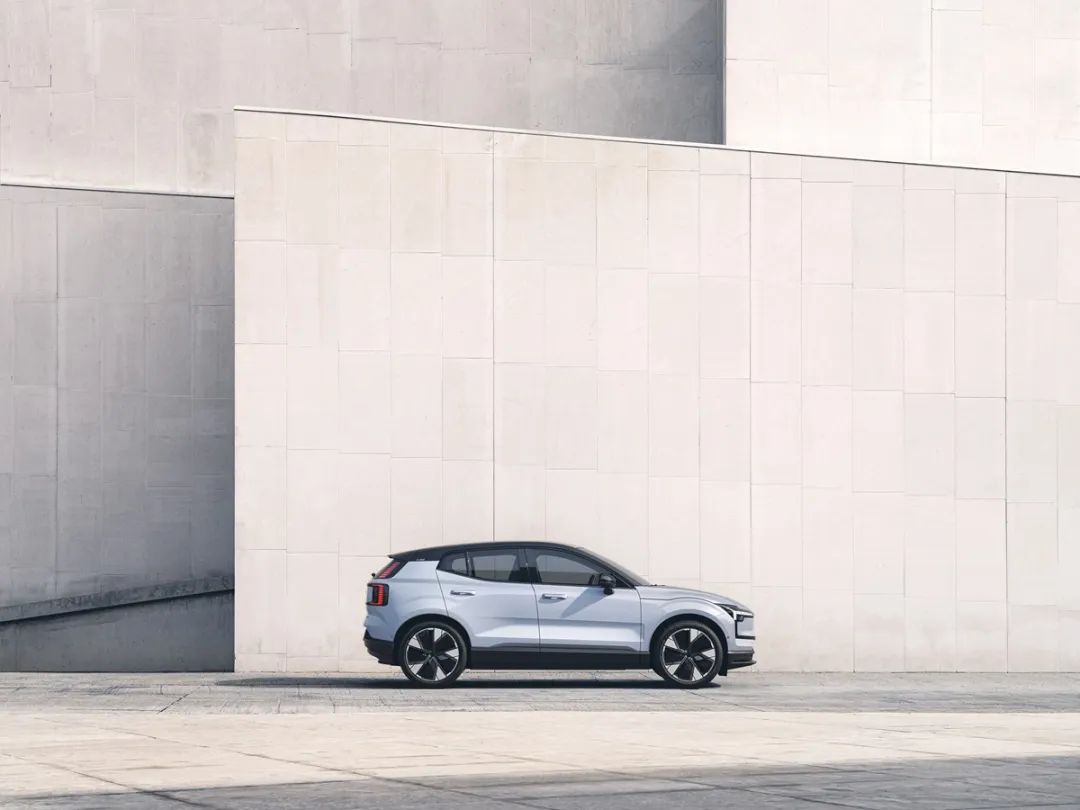
Spain also changed from a "rejection" reported by the media to an abstention. It is reported that Carlos Quero, Spain's Minister of Economy, wrote a letter to Valdis Dombrovskis, Vice-President of the European Commission, calling on the EU not to impose tariffs. However, this move was interpreted as a "political stunt" by Spain, fearing the backlash from China's countermeasures.
The images in the article are sourced from the EU and Volvo

